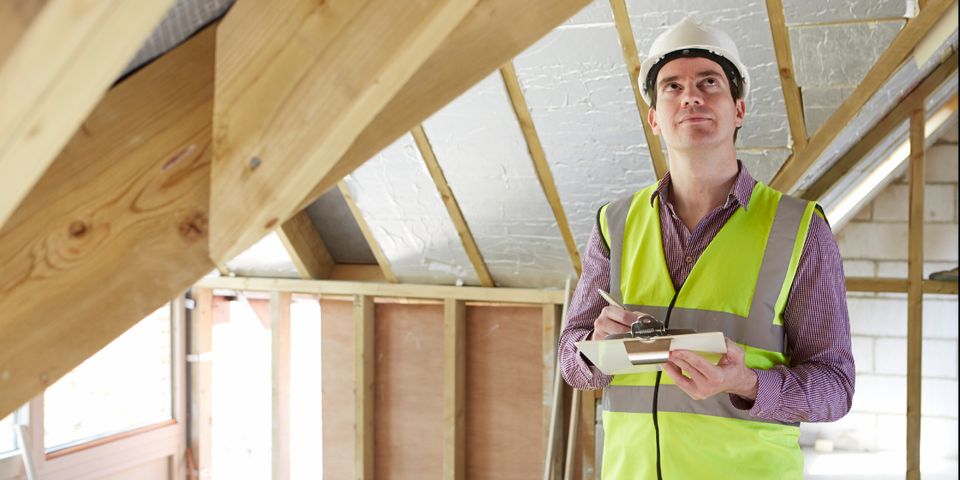What Is Radon Testing?

Buying a home offers many advantages and opportunities, whether you plan to build a life or earn some rental income. Before you start working towards your goal, it's important to determine whether the property is safe. While many people focus on mold and asbestos evaluations, radon tests are just as necessary to ensure your health and well-being. If you're a first-time homeowner, learn more about these assessments below.
What Is Radon?
Radon is a naturally occurring gas byproduct of uranium decay. It's so common that it can be found in all soils across the country. As the chemical element breaks down, radon gas rises from the ground, appearing at low levels in the air we breathe. In that decompressed form, radon is harmless. However, it can easily pass through the foundation of a home, including the structural joints, wood, sheetrock, and concrete. Over time, radon can also permeate wires and plumbing, though the highest levels are usually in the crawl space or basement.
Radon is the primary cause of indoor air pollution since it can attach itself to airborne particles and dust. Once breathed in, it enters and decays the lungs with beta and alpha radiation. Large concentrations of the gas pose a significant health hazard with prolonged exposure.
What Does Radon Testing Involve?

The gas is odorless, colorless, and tasteless, making it impossible to detect without radon tests. While there are DIY tests available, they're rudimentary and often produce inaccurate answers. The location of the test in the house matters and is dependent on the layout and the surrounding soil. Inspectors will customize radon tests to the home's specifications to provide an accurate assessment.
Homebuyers should request radon tests for the home inspection before committing to the sale. If the levels are high, you can negotiate a new sales price to accommodate the cost of radon abatement.
Professionals can use short or continuous radon tests for people currently in a real estate transaction. Both assessments are non-invasive and can be completed promptly. Biologists will then report on the levels, list seepage areas, and provide abatement suggestions. If radon measurements are high, remediation systems can reduce the levels by up to 99%.
Radon tests provide safety and peace of mind. For over 30 years, the biologists at American Environmental Laboratories have helped buyers and sellers ensure the long-term safety of Saint Louis, MO, residents. They offer comprehensive tests to determine the indoor air quality of your home. If improvements can be made, they'll work with you to resolve any issues quickly and at an affordable rate. For more information on their environmental safety assessments, visit their website. To schedule an appointment, call their laboratory at (314) 664-2800.
About the Business
Have a question? Ask the experts!
Send your question

